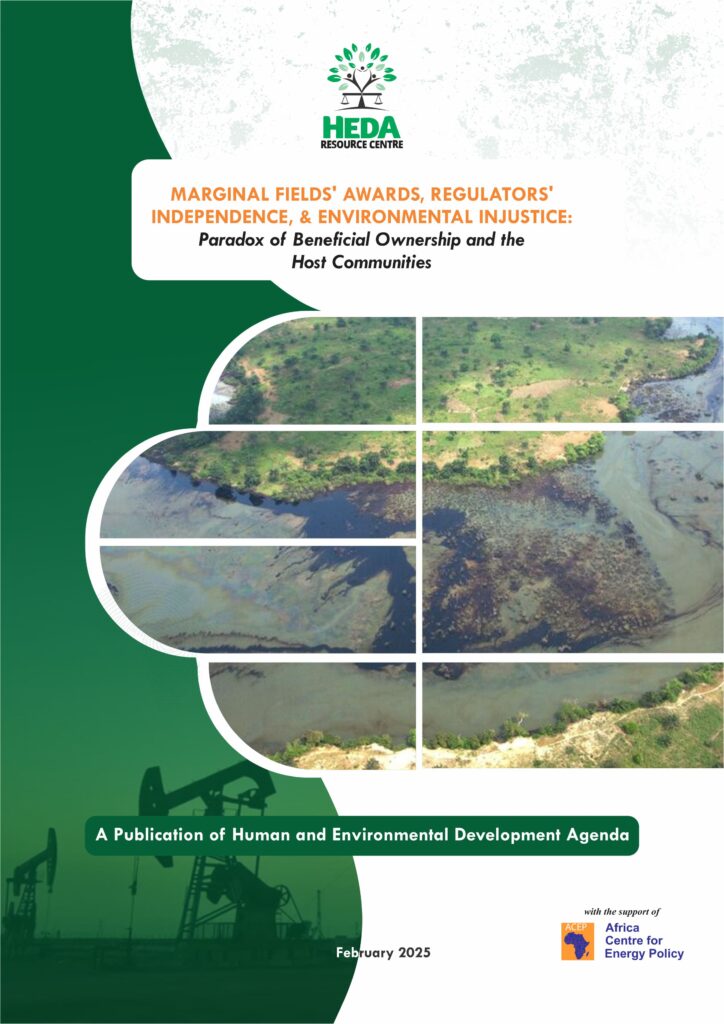In response to growing concerns over coastal flooding in Akwa Ibom State, the HEDA Resource Centre has spearheaded a crucial initiative aimed at enhancing resilience in communities most vulnerable to flood risks. As part of the African Activists for Climate Justice (AACJ) Project, the outreach targeted Ibeno and Eastern Obolo Local Government Areas (LGAs), where coastal floods are increasingly threatening livelihoods and safety.
The affected communities, including Okoroutip, Okomita, Upenekang, and Iwuo-Achang in Ibeno, alongside Okorobokho, Okoroete, Okorobobo, and Akwarata in Eastern Obolo, are bounded by rich marine ecosystems and rely heavily on activities like crop farming, fish farming, and boat making. However, coastal floods, driven by changing climate patterns, pose significant risks to both their homes and agricultural lands.
In Ibeno LGA, the invasive, Nypa fruticans (nipa palm), introduced historically by colonial settlers, now presents a complex environmental challenge. While the nipa palm acts as a natural shoreline protector, forming an extensive barrier against flooding and erosion, its unchecked spread—exacerbated by changing rainfall patterns—has begun to invade farmlands, disrupting local agricultural activities. As shared by the village head during HEDA’s sensitization session, the resilience provided by this plant is now a double-edged sword, with its seedlings invading areas crucial for food production.
During the outreach, community elders emphasized the importance of leveraging indigenous knowledge in addressing climate variability. Their deep understanding of the environment, passed down through generations, underscores the need for locally adapted solutions to the escalating threat of coastal floods. Many participants also highlighted the role of blocked water channels and poor waste disposal in exacerbating flood risks, calling for climate-smart infrastructure tailored to local needs. Such structures, designed with community input, could mitigate the impacts of flooding while addressing broader environmental issues.
HEDA’s engagement with these communities focused on empowering them with actionable strategies, including the importance of maintaining clear waterways, utilizing early warning systems, and adopting climate-resilient farming techniques. The outreach further underscored the necessity for government support in designing and implementing protective measures for lowland areas prone to recurring floods.
This initiative is part of a broader campaign, supported by OXFAM and the Ministry of Foreign Affairs of the Netherlands, aimed at building adaptive capacities in frontline communities. HEDA continues to call on relevant authorities and stakeholders to intensify efforts in safeguarding these vulnerable populations, ensuring they are not left defenseless against the mounting challenges posed by climate change.



